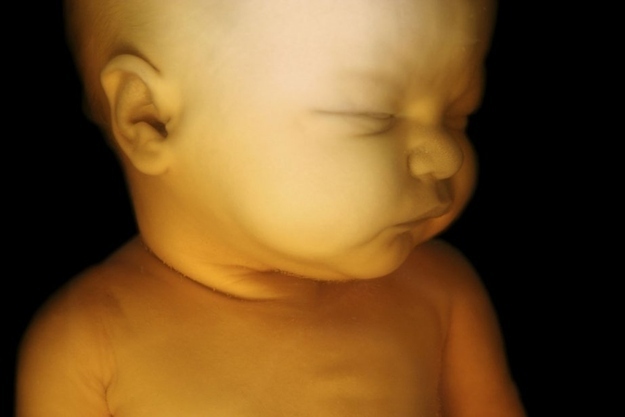Texas abortion facilities still are prohibited from aborting unborn babies with beating hearts as a result of a U.S. Supreme Court ruling Friday.
In their opinion Friday morning, the justices dismissed President Joe Biden’s lawsuit against the Texas heartbeat law. While they also ruled that the Texas abortion businesses can continue with their lawsuit, the good news is that the law remains in effect.
The heartbeat law, which went into effect Sept. 1, has been saving as many as 100 unborn babies from abortion every day. It prohibits abortions once an unborn baby’s heartbeat is detectable, about six weeks of pregnancy, and most abortions are done after six weeks.
Reacting to the ruling, Amy Hagstrom Miller, CEO of the Texas abortion chain Whole Woman’s Health, told the Texas Tribune that they are not going to start doing abortions again yet.
“We’ve had to turn hundreds of patients away since this ban took effect, and the Supreme Court’s refusal to block the law means the heartbreak doesn’t end,” Miller said. “Texans deserve abortion care in their own communities.”
LifeNews depends on the support of readers like you to combat the pro-abortion media. Please donate now.
She estimated that the number of abortions they performed dropped by about two-thirds once the law went into effect, according to the report.
Miller said they will keep fighting against the law, but even if the courts do block it, the effects will be lasting. Hiring and keeping staff, for example, has become more difficult because people want job security, and there is a lot of uncertainty about whether the Supreme Court may overturn Roe v. Wade altogether soon, she said.
“It’s going to take a long time for Texas to rebuild,” she told the Tribune. “And this is the damage that is intended from this law.”
Meanwhile, the Planned Parenthood abortion business admitted that it will not be able to return to business as usual either. So abortions banned by the Texas law will not resume there either.
The Supreme Court voted 8-1, with Justice Clarence Thomas dissenting, to allow the Texas abortion companies’ lawsuit to continue, and the court voted 8-1, with Justice Sonia Sotomayor dissenting, to dismiss the Biden administration lawsuit against the ban.
The high court also watered down the lawsuit the Texas abortion companies filed, saying they may sue state licensing officials but not the state judges and clerks who are charged with handling lawsuits spurred by the law. That could severely limit the abortion industry’s ability to stop the private enforcement mechanism behind the ban, which has saved thousands of babies from abortions thus far.
Texas is the first state to be allowed to enforce a heartbeat law because of a unique provision that allows private individuals to enforce the law by filing lawsuits against abortionists and others who help them abort unborn babies with beating hearts.
Typically, state governments enforce pro-life laws and, when the laws are challenged, judges can block the states from enforcing them through a temporary injunction. However, the Texas law leaves enforcement up to individual people.
This unique provision and a legal technicality about the parties involved in the lawsuits were the issues that the Supreme Court ruled on Friday, not the abortion ban itself.
Pro-life leaders estimate the law has saved thousands of unborn babies from abortion since it went into effect three months ago. In 2020, about 54,000 unborn babies were aborted in Texas, and about 85 percent happened after six weeks of pregnancy, according to state health statistics. That equates to about 100 unborn babies being saved from abortion every day.
Texas abortion facilities reported a huge drop in abortion numbers during the first 30 days when the pro-life law was in effect, according to research from the University of Texas at Austin. Abortion facilities reported 2,164 abortions in September 2021, down from 4,313 in September 2020, according to the research. That equates to 2,149 babies’ lives.
While some Texas women are traveling to other states to abort their unborn babies, many others who otherwise might have had abortions are choosing life instead. Pro-life advocates are offering help to these mothers and their babies, providing financial aid, material resources and many other forms of support.
Along with passing the heartbeat law this year, Texas state lawmakers also increased support for pregnant and parenting mothers and babies, ensuring that they have resources to choose life. This included $100 million for the state Alternatives to Abortion program as well as additional funding for the Healthy Texas Women program.








